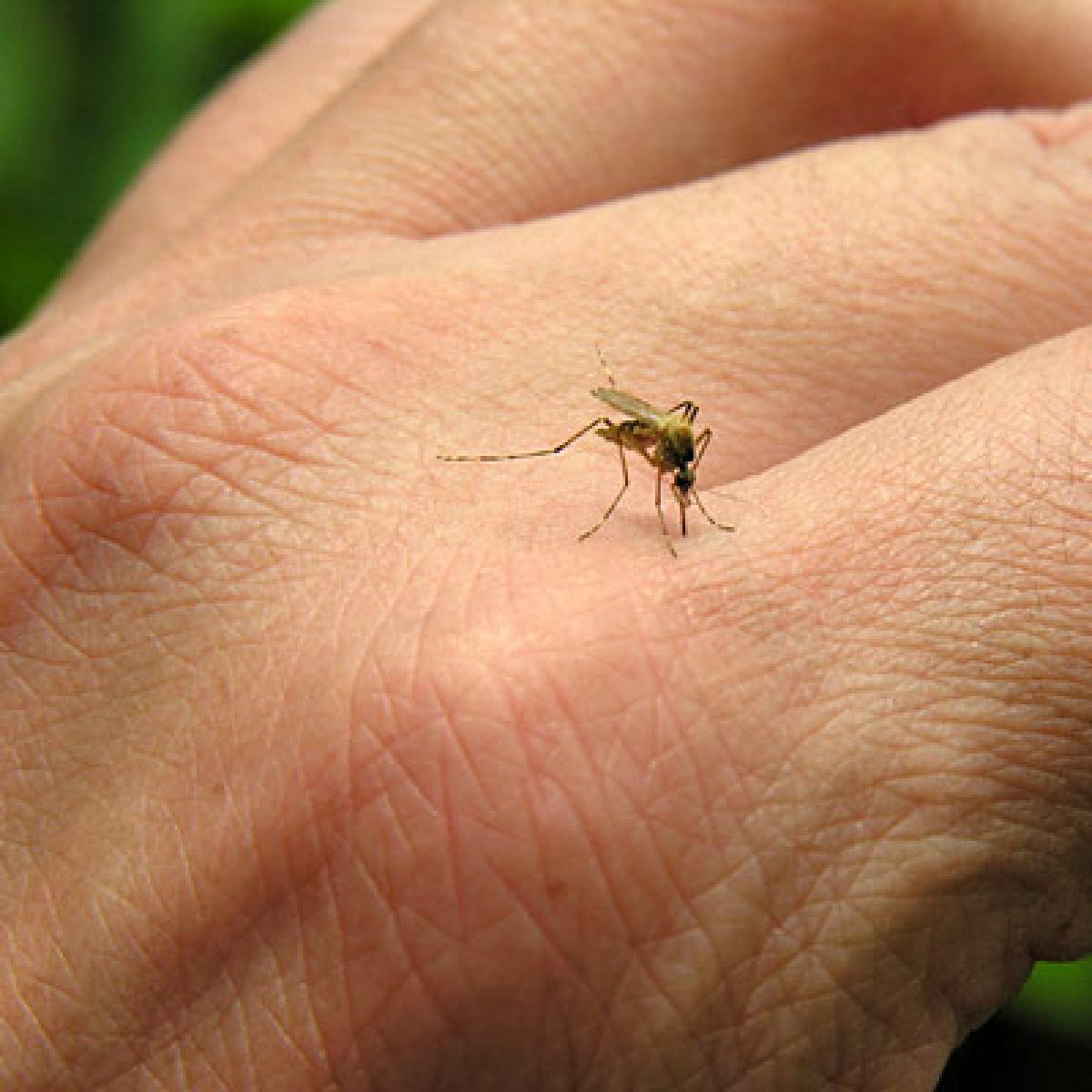Live
- Additional Collector Conducts Surprise Visit to Boys' Hostel in Wanaparthy
- Punjab hikes maximum state-agreed price for sugarcane, highest in country
- Centre okays PAN 2.0 project worth Rs 1,435 crore to transform taxpayer registration
- Punjab minister opens development projects of Rs 120 crore in Ludhiana
- Cabinet approves Atal Innovation Mission 2.0 with Rs 2,750 crore outlay
- Centre okays Rs 3,689cr investment for 2 hydro electric projects in Arunachal
- IPL 2025 Auction: 13-year-old Vaibhav Suryavanshi becomes youngest player to be signed in tournament's history
- About 62 lakh foreign tourists arrived in India in 8 months this year: Govt
- IPL 2025 Auction: Gujarat bag Sherfane Rutherford for Rs 2.60 cr; Kolkata grab Manish Pandey for Rs 75 lakh
- Assam CM meets Governor, cabinet expansion on the cards









